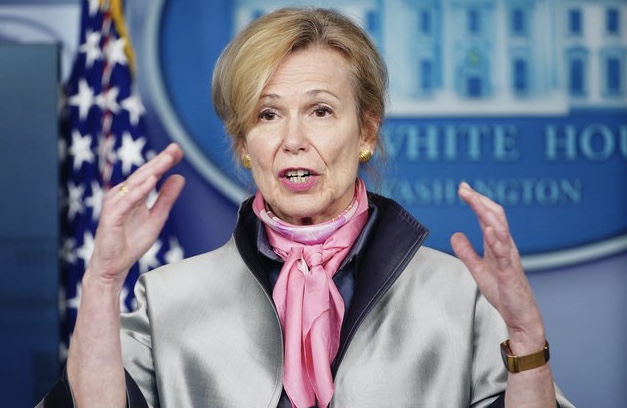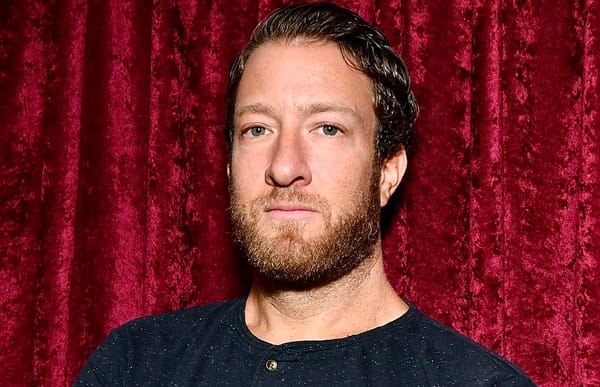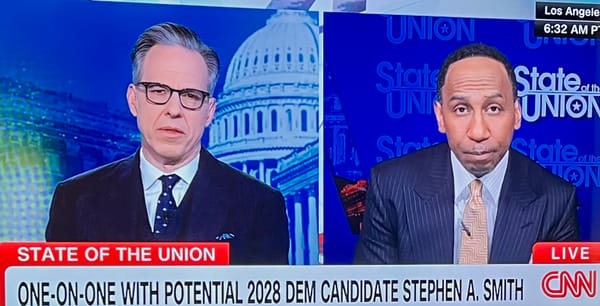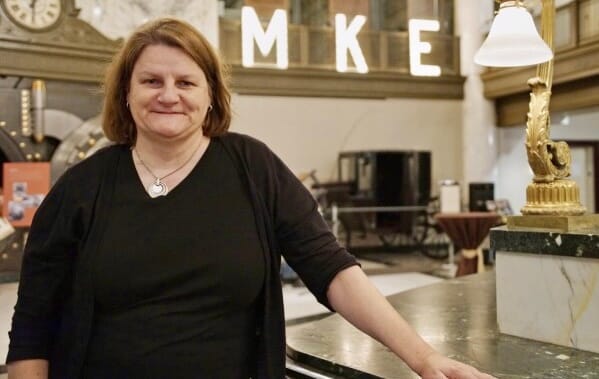Virus: Don’t jump the gun on recovery
It seems like even the virus has joined our lightning-fast news cycle, with some flattening reported at scattered sites around the country. This is the good news, reported simultaneously with the bad news of the death toll rising, rising, rising. More than 23,000 yesterday afternoon.

As a journalist, I think broadcast reports do not help by succumbing to the temptation to lead the newscast by saying a “new record” total of deaths has been achieved. Each death creates a new record. Giving the number is sufficient. The drama of touting a new “record” just scares people.
Just getting the right numbers and analyzing them correctly is a chore.
Last week, after White House Coronavirus Task Force Coordinator Deborah Birx identified Philadelphia as a hot spot, Philadelphia Health Commissioner Thomas Farley said it is not a hot spot. Fact checking by the Inquirer determined that Birx was right.
Let’s be clear: I am not suggesting that Farley was lying or is incompetent. Two people can look at the same data and draw different conclusions. That goes for Dr. Anthony Fauci, who has been wrong on a couple of occasions. As late as Jan. 21, he told an interviewer that coronavirus was nothing to worry about. In February, both House Speaker Nancy Pelosi and New York City Mayor Bill de Blasio were urging people to visit their respective Chinatowns.
With COVID-19, the facts are not static, they keep changing as we learn more about this miserable disease. It isn’t immutable, like algebra.
One significant change has been the anticipated death rate. It has fallen off a cliff. When I started writing about this disease three weeks ago, I used what was, admittedly, the worst case number, 2.5 million dead Americans. The current “worst case” number is around 140,000, which is tragic, but a tiny fraction at what we were expecting three weeks ago.
If we can believe the flattening, and if it doesn’t reverse, at some point we will ask how we got the original estimates so wrong.
Did we overreact?
I’d rather overreact than under-react, I would err on the side of caution.
Right now, some politicians — not just President Donald Trump — are war-gaming how to take manacles off the economy to let it come back, slowly. A number of states have talked about the road back to recovery.
In his daily press briefing yesterday New York Gov. Andrew Cuomo talked about “opening the valve,” and that — uh-oh — “the worst is over.” That was a mistake because he does not know that, and even if he could know that, it undercuts the “stay indoors” state mandate. Under a reporter’s questioning, he retreated a little, saying this is what the numbers suggest, but that “stay home” still must be observed.
With the death toll falling short of predictions, it appears the horror movie we are trapped in isn’t as horrible as the reviewers suggested it might be.
But if we end the lockdown and social distancing too soon, it may come back and present us with a double feature. If you jump the gun, you may get shot.



